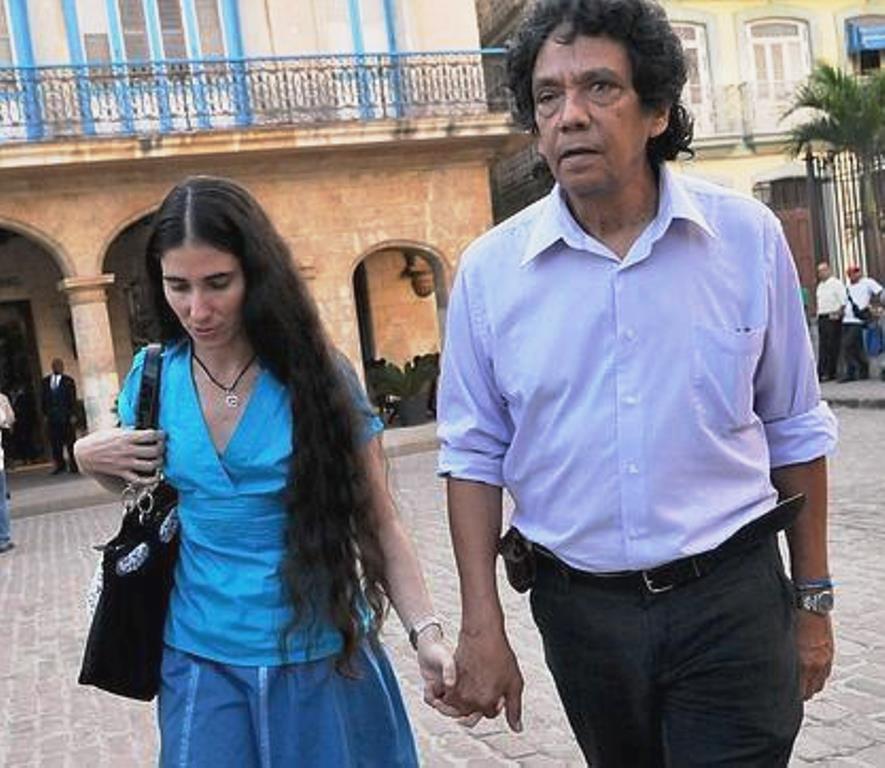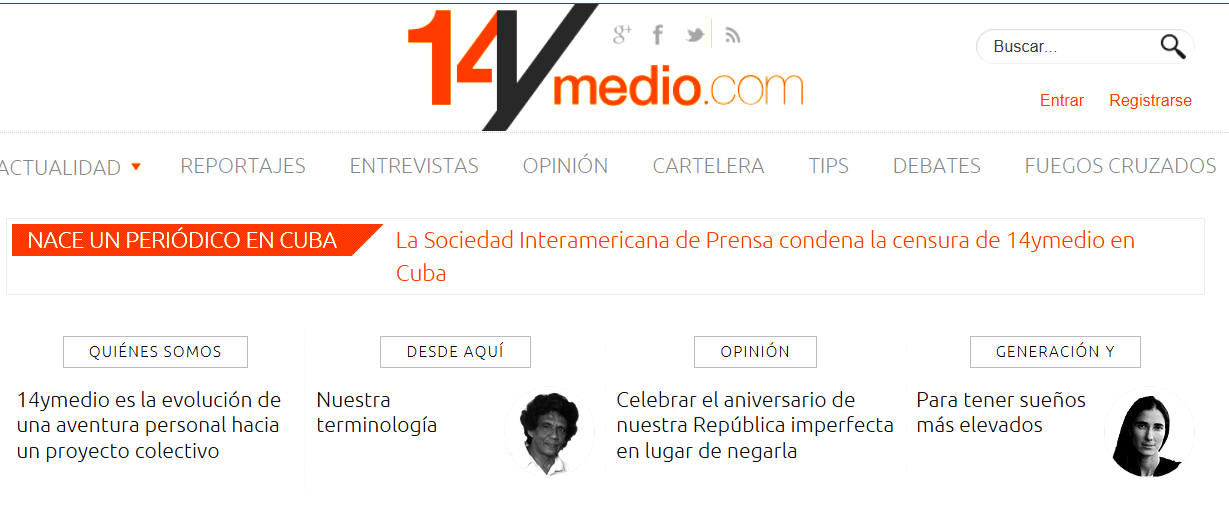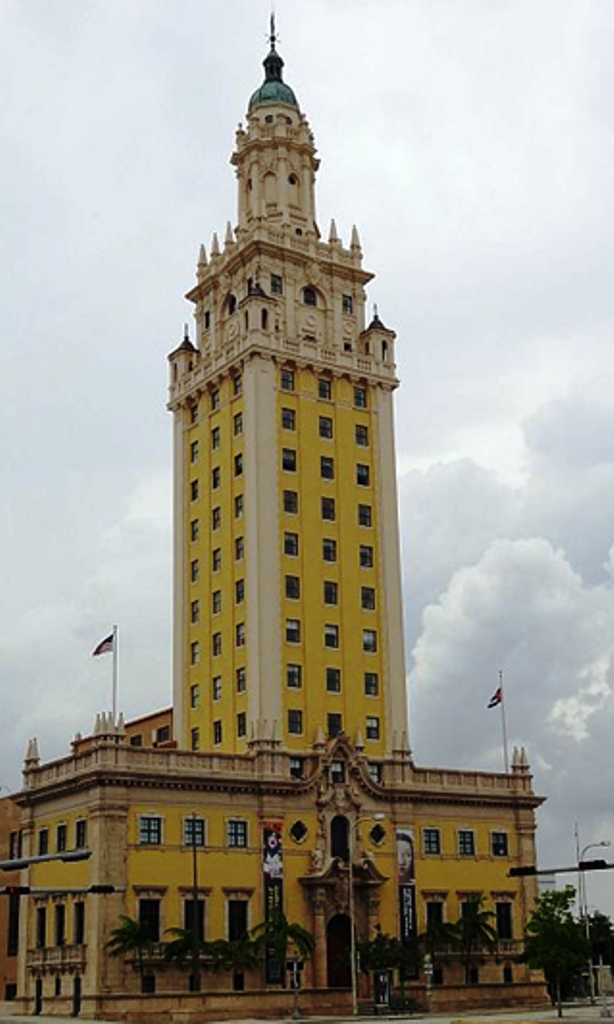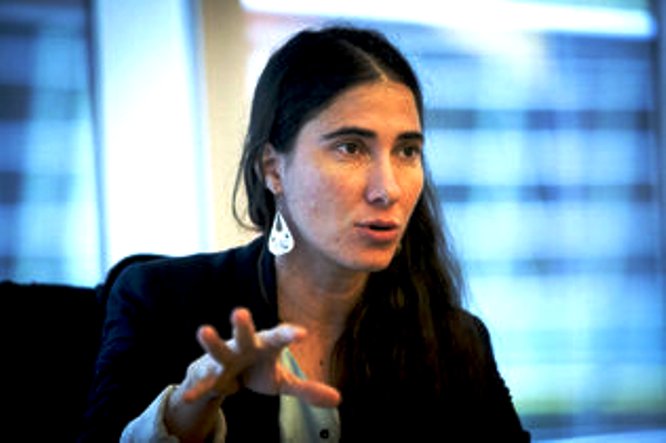By Larry Press Professor of Information Systems at California State University
Original Article at Larry Press’ Blog

Cuba’s Digital
Revolution: Citizen Innovation and State Policy (Reframing Media, Technology,
and Culture in Latin/o America), June 1, 2021
by Ted A. Henken and Sara Garcia Santamaria
In spite of having a slow, expensive, government-controlled Internet infrastructure, Cuba is undergoing what Ted Henken and Sara Garcia Santamaria refer to as a digital revolution.
The digital revolution might be said to have begun in 2007 when Yoani Sánchez launched her blog “Generation Y.” Internet access was difficult — she would get illegal connectivity at tourist hotels, and the blog was initially hosted in Germany. Soon, the Huffington Post began publishing her posts, and she has subsequently received many international awards, including the Ortega y Gasset Award for Digital Journalism in 2008.
I recall reading of her teaching others to blog at her home, and other blogs followed, but that was just the start of the digital revolution. Today, she publishes a daily digital newspaper 14Ymedio which is available in Spanish and English, and there are many independent (non-government) media sites that cover fashion, sports, art, music, and technology as well as news, commentary, and current events.
Since Cuba had and still has very poor Internet infrastructure, one might ask how this digital content is distributed. The digital-distribution revolution began in 2008 with el Paquete Semanal, the “weekly package” of digital material distributed on hard and flash drives that became a nation-wide sneakernet. El Paquete is financed by advertising and customer fees and it has been suggested that it is the nation’s largest private employer. In 2015, the Government began opening public-access WiFi hotspots. Cubans hackers also created local community networks which did not have a connection to the global Internet. The largest, Havana’s SNET, had an estimated 100,000 users before it was taken over by the government. More recently, 3G mobile service was introduced and now 4G is beginning to roll out.
Cuba’s independent media and ad-hoc distribution channels are a product of a culture of innovation — from restoring old cars and equipping bicycles with lawn-mower engines to creating community networks like SNET, software startups, and work as independent, self-employed programmers. Necessity is the mother of invention.
I’ve been speaking of media, but Henken estimates that there is also a digitally-convened movement or protest in Cuba every two months or so. He describes several of these and their leaders in this article.
If you are interested in more on Cuba’s digital media revolution, check out Henken’s recent interview at Tulane University. (It’s over an hour-long, but he speaks clearly so you can listen at 2X speed). He talks about Cuban media and introduces a forthcoming anthology he and Santamaria edited. In his presentation, Henken discusses independent Cuban media and summarizes each chapter of the book, which will be available from the University Press of Florida on June 1.
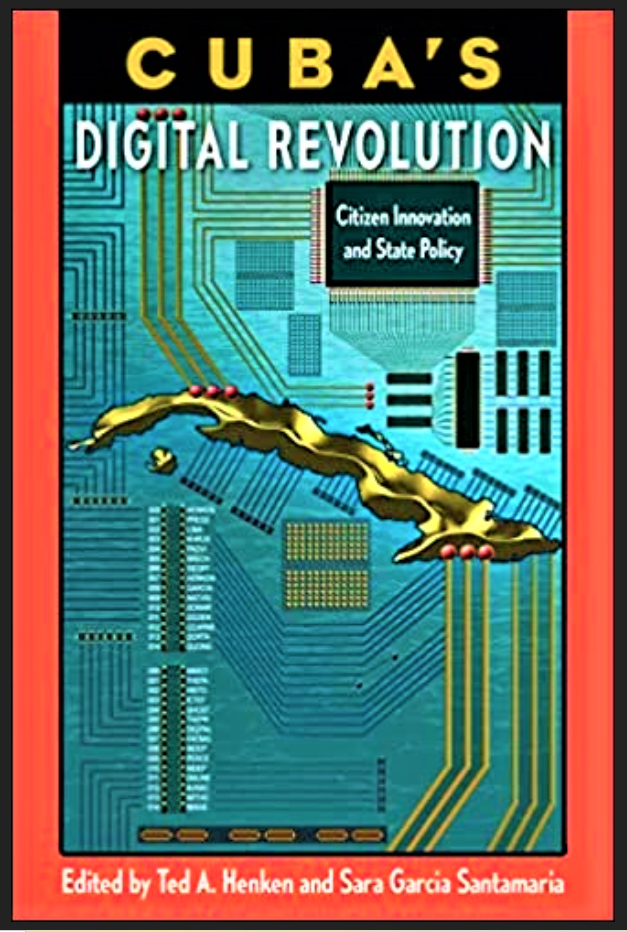
TABLE OF CONTENTS
Introduction
In Medias Res: Who Will Control Cuba’s Digital Revolution?, Ted A. Henken
Part I. History, Media, and Technology
1. The Past, Present, and Future of the Cuban Internet, Larry Press
2. Historical Itineraries and Cyclic Trajectories: Alternative Media Communication Technologies, and Social Change in Cuba, Edel Lima Sarmiento
Part II. Politics
3. Information and Communication Technology, State Power, and Civil Society: Cuban Internet Development in the Context of the Normalization of Relations with the United States, Olga Khrustaleva
4. Ghost in the Machine: The Incompatibility of Cuba’s State Media Monopoly with the Existence of Independent Digital Media and the Democratization of Communication, Alexei Padilla Herrera and Eloy Viera Cañive
5. The Press Model in Cuba: Between Ideological Hegemony and the Reinvention of Civic Journalism, Carlos Manuel Rodríguez Arechavaleta
6. Digital Critique in Cuba, Marie Laure Geoffray
Part III. Journalism
7. From Generación Y to 14ymedio: Beyond the Blog on Cuba’s Digital Frontier, Ted A. Henken
8. Independent Journalism in Cuba: Between Fantasy and the Ontological Rupture, Sara Garcia Santamaria
9. Perceptions of and Strategies for Autonomy among Journalists Working for Cuban State Media, Anne Natvig
10. Independent Media on the Margins: Two Cases of Journalistic Professionalization in Cuba’s Digital Media Ecosystem, Abel Somohano Fernández and Mireya Márquez-Ramírez
Part IV. Business and Economy
11. Online Marketing of Touristic Cuba: Branding a “Tech-Free” Destination, Rebecca Ogden
12. A Una Cuba Alternativa”? Digital Millennials, Social Influencing, and Cuentapropismo in Havana, Jennifer Cearns
Part V. Culture and Society
13. Without Initiation Ceremonies: Cuban Literary and Cultural E-zines, 2000 — 2010, Walfrido Dorta
14. Images of Ourselves: Cuban Mediascapes and the Post-socialist “Woman of Fashion,” Paloma Duong
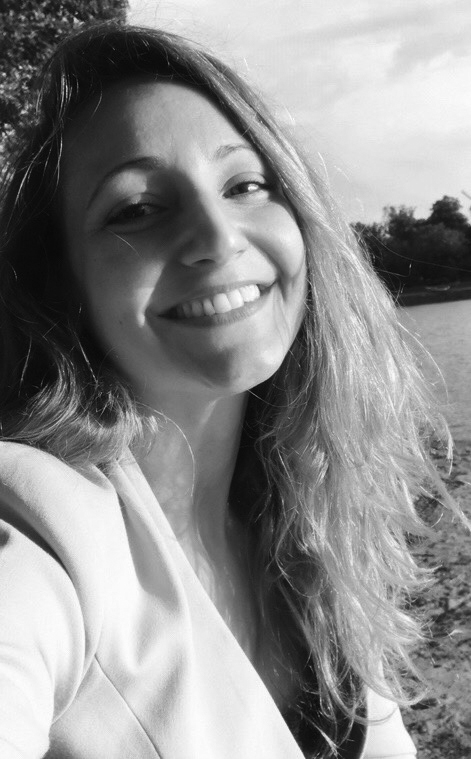
Sara García Santamaría
Blanquerna – Universitat Ramon Llull (Spain)
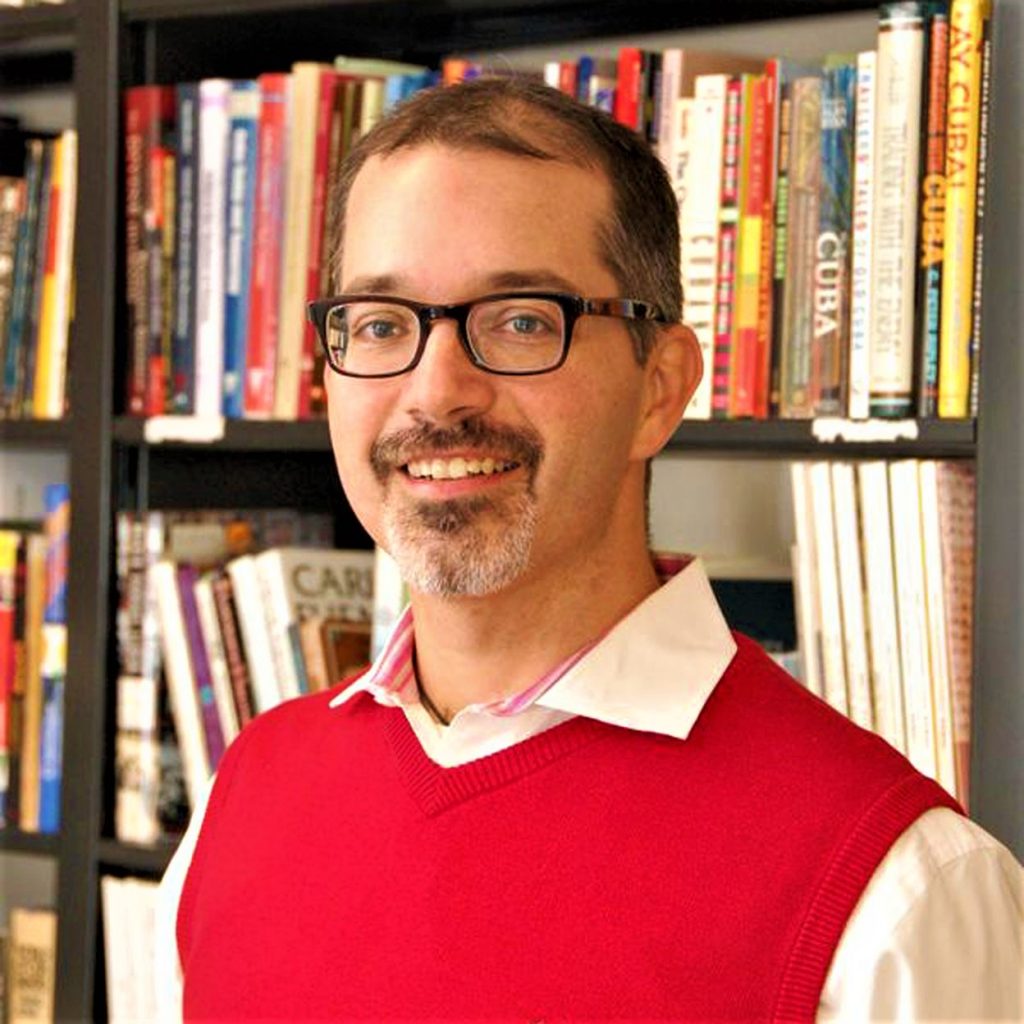
Ted Henken
Baruch College, City University of New York.

